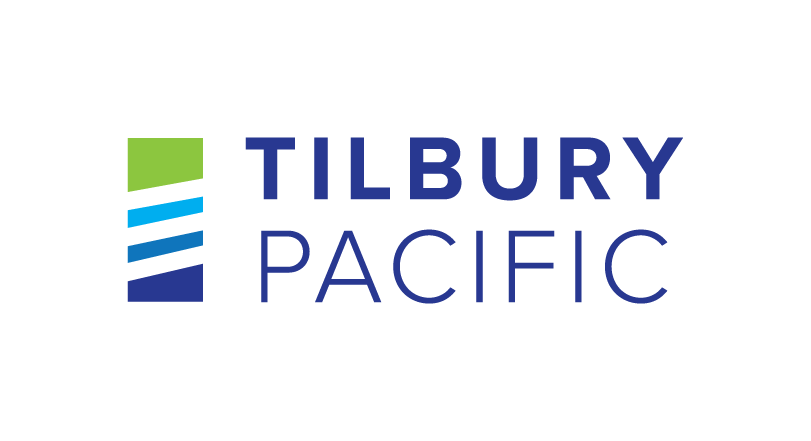LOCAL BENEFITS
The Tilbury Pacific Marine Jetty Project will deliver community benefits through good-paying jobs and business opportunities to boost the local economy for many years.
- Generate short-term jobs during the initial construction phase.
- Generate long-term jobs during the operation of the facility.
- Support jobs growth in the natural gas sector and the broader energy and marine industries across B.C.
- Support municipal programs and spending in the community by paying industrial property taxes to the City of Delta.
LOCAL BENEFITS
The Tilbury Pacific Marine Jetty Project will deliver community benefits through good-paying jobs and business opportunities to boost the local economy for many years.
- Generate short-term jobs during the initial construction phase.
- Generate long-term jobs during the operation of the facility.
- Support jobs growth in the natural gas sector and the broader energy and marine industries across B.C.
- Support municipal programs and spending in the community by paying industrial property taxes to the City of Delta.
GLOBAL BENEFITS
Air quality benefits
LNG reduces local air pollutants providing benefits to human health, this is especially important for ports and populated coastal areas. If all the marine fuel consumed in the Port of Vancouver were replaced with LNG benefits to the local airshed include:
- Sulphur oxides (SOx) reduced by 98%
- Nitrogen oxides (NOx) reduced by 76%
- Particulate matter (PM) reduced by 90%
- Greenhouse gases (GHG) reduced by up to 27% on a lifecycle-basis
Emissions reduction benefits
A full switch from conventional marine fuel to LNG of all vessels calling the Port of Vancouver could reduce particulate matter and GHG emissions associated with marine shipping from the local airshed while attracting a new generation of ships to the local ports.
We remain committed to seeking new and better ways to drive down carbon emissions and improve local air quality. As technology advances with low, no, or negative carbon footprint fuel, the TMJ could be modified to deliver other lower-carbon fuels in place of, or alongside, LNG, as market demand develops.
GLOBAL BENEFITS
Air quality benefits
LNG reduces local air pollutants providing benefits to human health, this is especially important for ports and populated coastal areas. If all the marine fuel consumed in the Port of Vancouver were replaced with LNG benefits to the local airshed include:
- Sulphur oxides (SOx) reduced by 98%
- Nitrogen oxides (NOx) reduced by 76%
- Particulate matter (PM) reduced by 90%
- Greenhouse gases (GHG) reduced by up to 27% on a lifecycle-basis
Emissions reduction benefits
A full switch from conventional marine fuel to LNG of all vessels calling the Port of Vancouver could reduce particulate matter and GHG emissions associated with marine shipping from the local airshed while attracting a new generation of ships to the local ports.
We remain committed to seeking new and better ways to drive down carbon emissions and improve local air quality. As technology advances with low, no, or negative carbon footprint fuel, the TMJ could be modified to deliver other lower-carbon fuels in place of, or alongside, LNG, as market demand develops.

